WOMEN OF NOTE
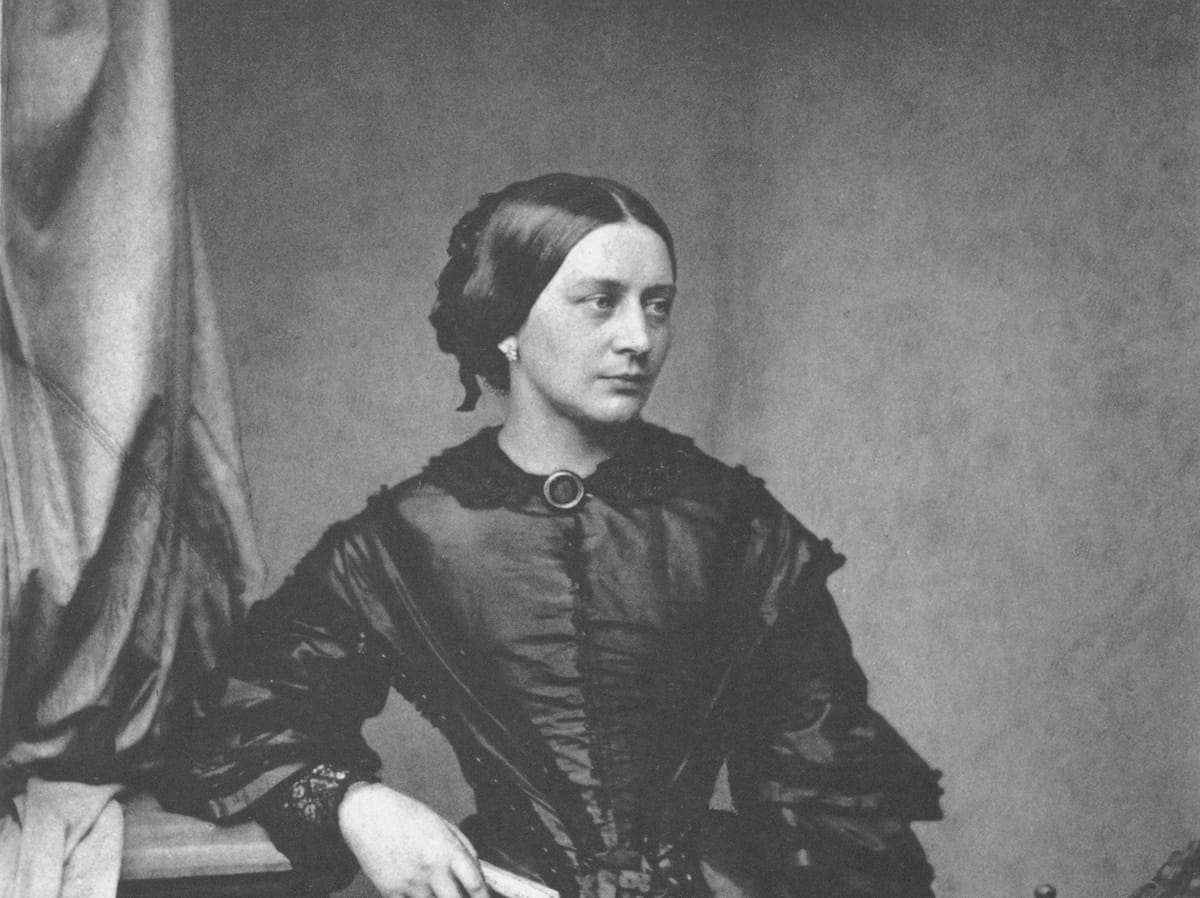
This month, the tenth edition of Con Brio will shine a light on the oft-overlooked works of history’s finest female composers. We explore the lives of these path-breaking women who, despite possessing musical genius, were hardly celebrated in their time. By Beverly Pereira
“A woman must not desire to compose – there has never yet been one able to do it. Should I expect to be the one?” rued Clara Schumann in a diary entry in the 19th century. Despite the fact that the German virtuoso concert pianist possessed a distinctive ingenuity and knack for composing, she was not wrong to think this way. Women composers were denied the same opportunities as their male counterparts at the time. They were hardly a household name, even as they achieved artistic greatness in a world solely dominated by men.
To some extent, Schumann’s laments still ring true hundreds of years down the line. As much as we’d like to believe otherwise, women who write classical music today are far outnumbered by male composers. In an article titled ‘Rarer than a Sumatran Rhino: a woman composer’ recently published on the website of French television network France24, a young French composer Camille Pépin spoke about the sexist stereotypes prevalent in the world of classical music and how the lack of role models can discourage women from making a career out of composing.
A focus on forgotten voices
Yet, it must be said that in recent years there has been a concerted effort to not only address the elephant in the room, but also to keep it out forever. An increasing number of exam boards include the works of some of history’s greatest female composers, thereby encouraging more women to write classical music. And, festival programming has become more diverse and inclusive by highlighting the mighty contributions of these composers to the repertoire. This attitude is especially important in a world that seeks equality. And, it is just as critical to shine a light on these lost voices – not just because they are women, but for the fact that they produced remarkable bodies of music.
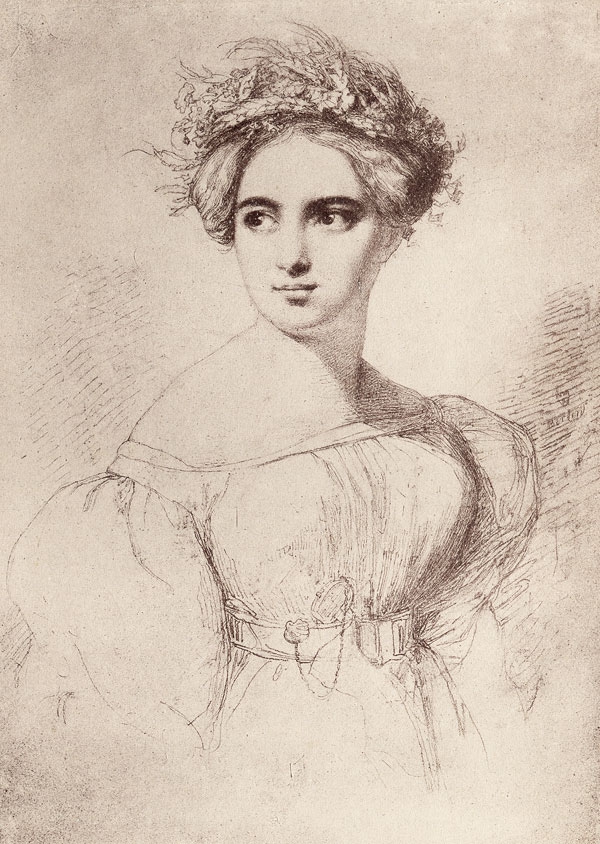
Persistence through adversity
If we are to continue on the subject of persistence, exploring the life of German pianist and composer Fanny Hensel née Mendelssohn is a good place to start. Born in Hamburg in 1805, Hensel displayed a rare musical talent as a child and received her first piano lesson from her mother. By the time she was 13, she was adept at playing all 24 Preludes from Bach’s The Well-Tempered Clavier. Various accounts point to the fact that Hensel was a better piano player than her sibling, composer Felix Mendelssohn. Despite the fact that both her brother and father did not exactly approve of her desire to become a composer, she went on to compose over 460 pieces.
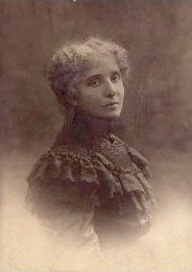
Then, there is Mélanie Bonis, a prolific French composer whose output counts over 300 compositions for piano solo and four hands, organ pieces, melodies, choral music and chamber music. Born in 1858 into a modest Parisian family which did not encourage her musical endeavours at first, the self-taught pianist made a career despite adversities. She was destined to receive a formal education in music after her parents were persuaded by a family friend and professor at Paris Conservatory. Bonis studied harmony, accompaniment and composition at the prestigious institution. It is widely believed that Bonis’s preference to be called ‘Mel’ stemmed from the fact that women of her time faced difficulties in succeeding as composers.
Unconventional for its time
Over a 100 years prior to this, Élisabeth Jacquet de la Guerre made waves as a successful harpsichordist and composer in the Baroque era of 17th-century France. Born in 1665 into a family of musicians and instrument makers in Paris, she was a child prodigy who received an early education in music from her father. She made her debut as a singer and harpsichordist at the court of Louis XIV at a very young age and was accepted into the French court when she was just 15. Jacquet de la Guerre’s published compositions spanned forms, ranging from operas and cantatas to harpsichord suites and sonatas for violin. During the 1690s she composed the first opera-ballet Les Jeux à l’honneur de la Victoire and an opera titled Cephale et Procris. She was also known to experiment with Italian styles like sonatas for violin and cantatas, considered uncommon for their time in France. Many of her works are lost, but the surviving material is proof of the unhinged rhythm, expressiveness and harmony that defined the music of this versatile composer.
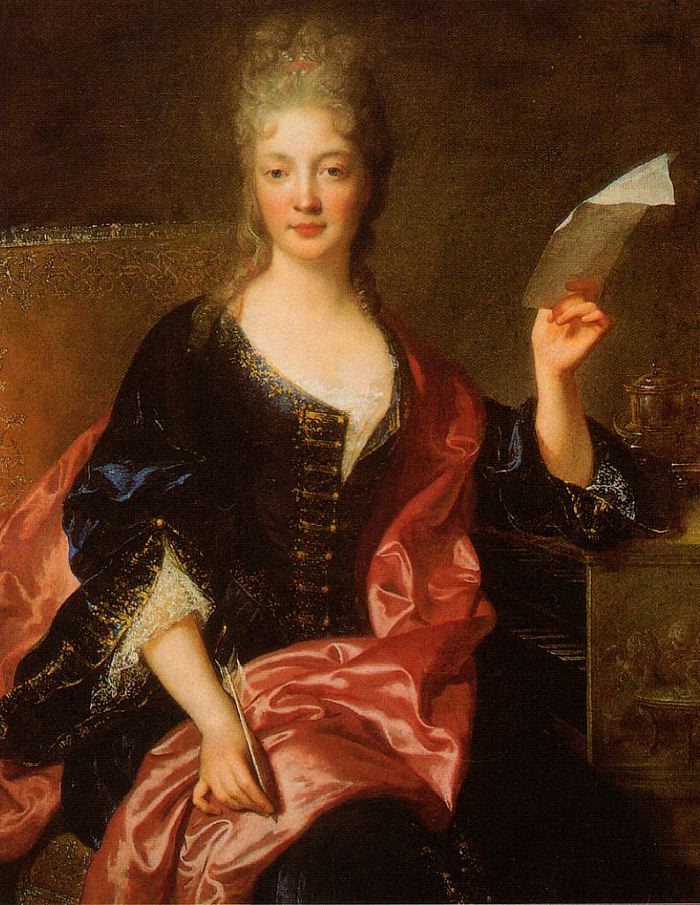
To celebrate history’s forgotten voices, it is imperative to travel back in time to the middle ages. When most of the composers were anonymous, German nun Hildegard von Bingen, born on the Rhine in 1098, remains the first composer whose biography is known in the history of Western music. As the tenth child of a noble family, she was sent to the hilltop monastery of Disibodenberg where she spent 40 years in isolation. The 12th-century nun was known for her prophecies and mystical visions, first elucidated as poems and later set to music. While her work remained in the shadows for centuries until as recently as the 1970s, there has been a revived interest in this revolutionary woman of medieval Europe, and with good reason too. Her compositions are notable for the fact that they relied on a succession of pitches sung on a single syllable. Besides composing liturgical songs that utilise a single melodic line, she wrote the sacred music drama Ordo Virtutum in 1151. It is the earliest known surviving musical play that is not attached to a liturgy.
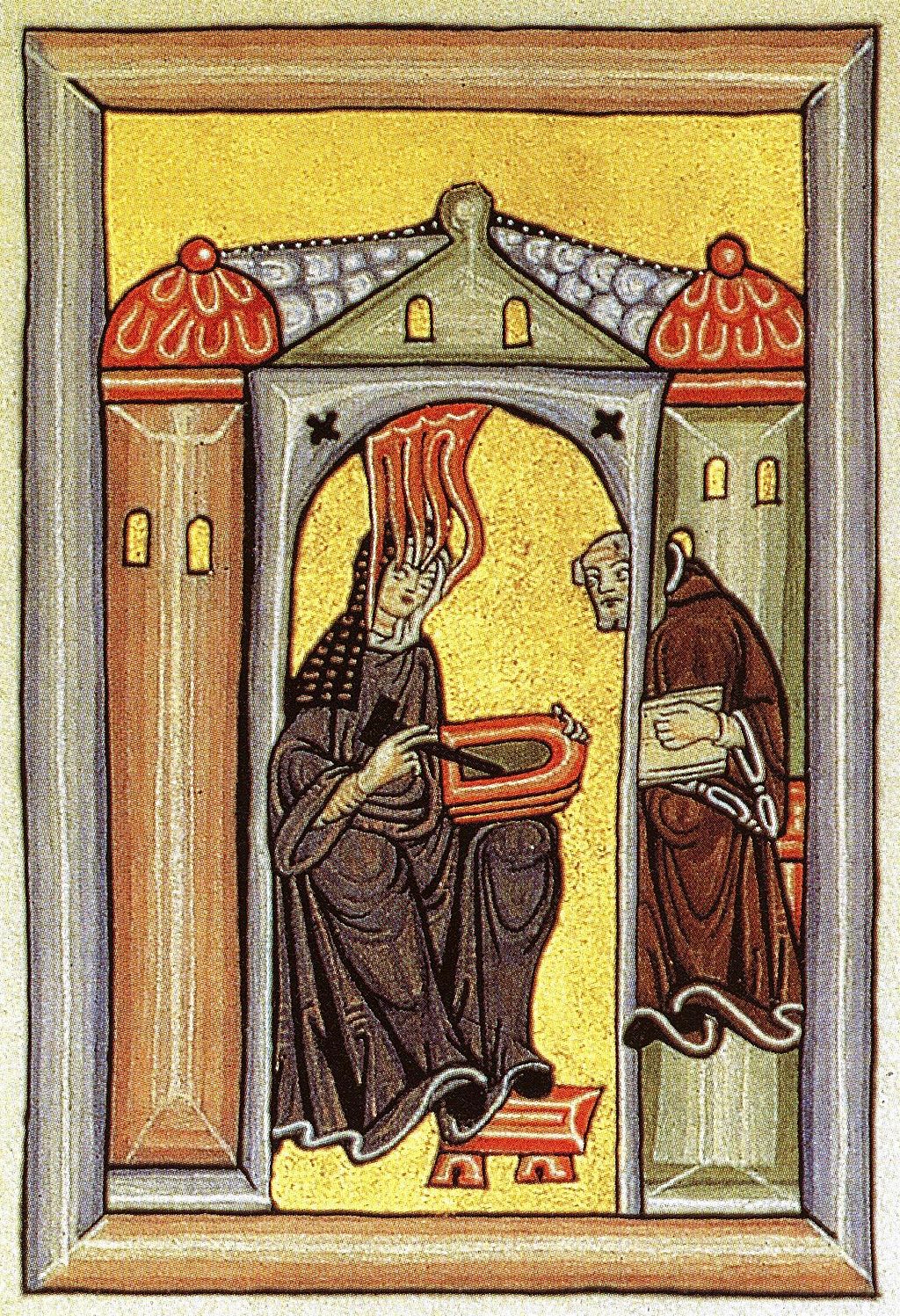
Finally, we must return to Schumann whose significant contributions as a female composer will incidentally set the tone for Con Brio 2019. Born in 1819 in Leipzig, Schumann is inarguably one of the most distinguished pianists of the Romantic Era. Trained by her father Friedrich Wieck, she went on to grace Europe’s hallowed concert halls from the age of 11. Still, few know that she had been composing piano concertos, piano trios and Romances for piano and violin from a young age. The wife of Robert Schumann and mother of eight, she was an advisor to Brahms, but her work was often overshadowed by that of her composer and pianist husband. While the first edition of Con Brio, ‘Schumania’, focused on Robert ten years ago, this edition – aptly titled ‘More Schumania’ – will celebrate the works of ‘the other great Schumann’ in the year of her bicentenary. Alongside compositions by a string of female composers, from von Bingen, Jacquet de la Guerre, Mendelssohn, Chaminade and Boulanger right up to those from the 21st-century, the concerts are certain to be extra special.

Con Brio 2019 will be presented from 1st to 4th August 2019 at the Experimental Theatre.
This piece was originally published by the National Centre for the Performing Arts, Mumbai, in the August 2019 issue of ON Stage – their monthly arts magazine.






